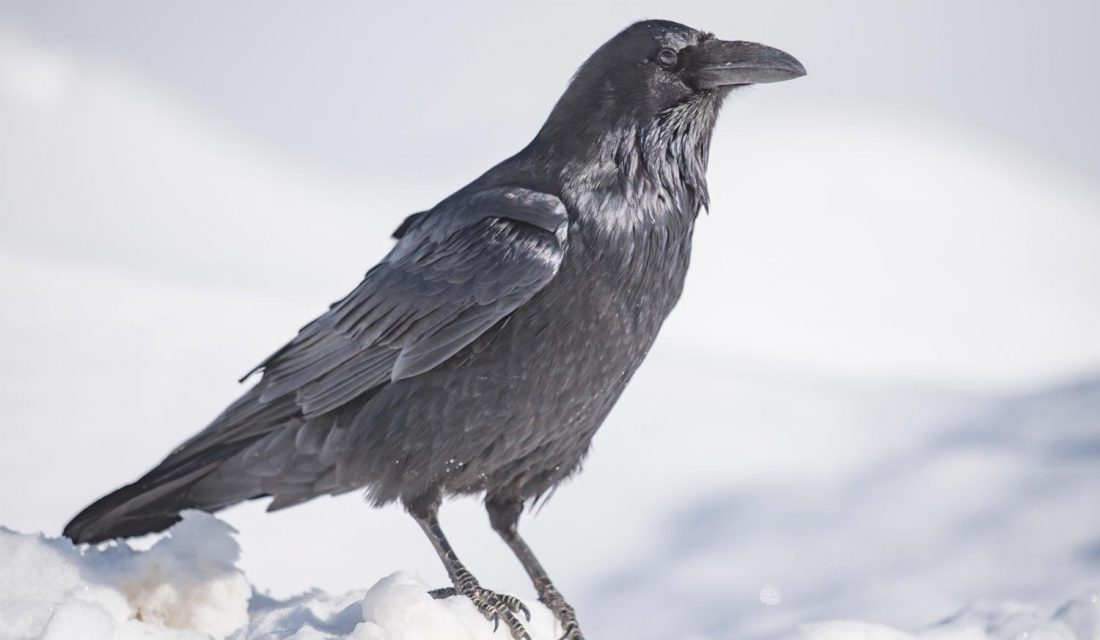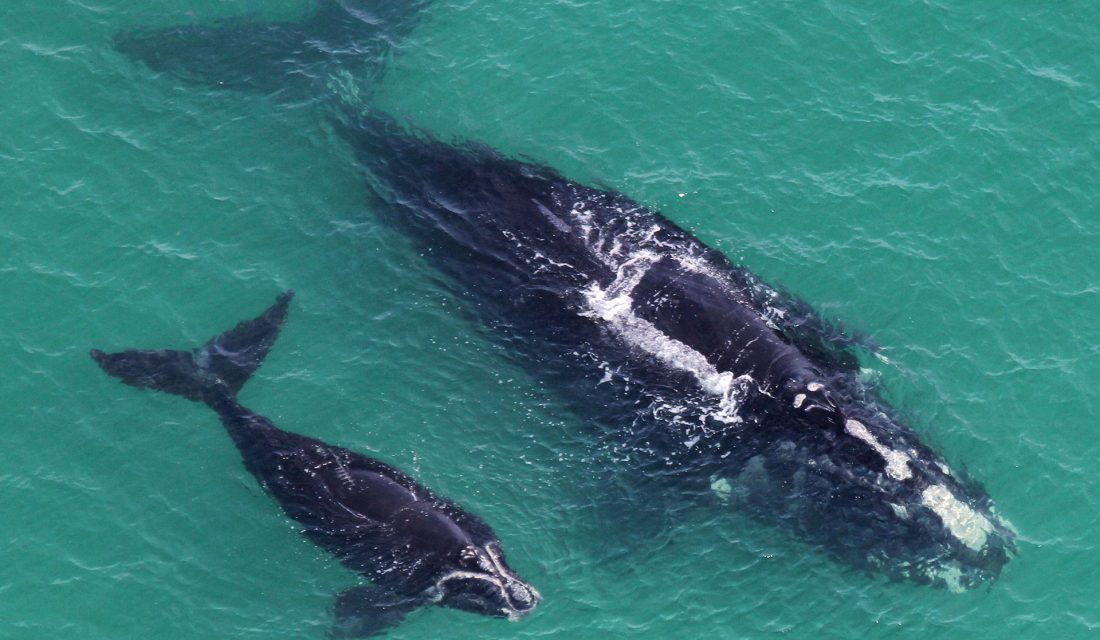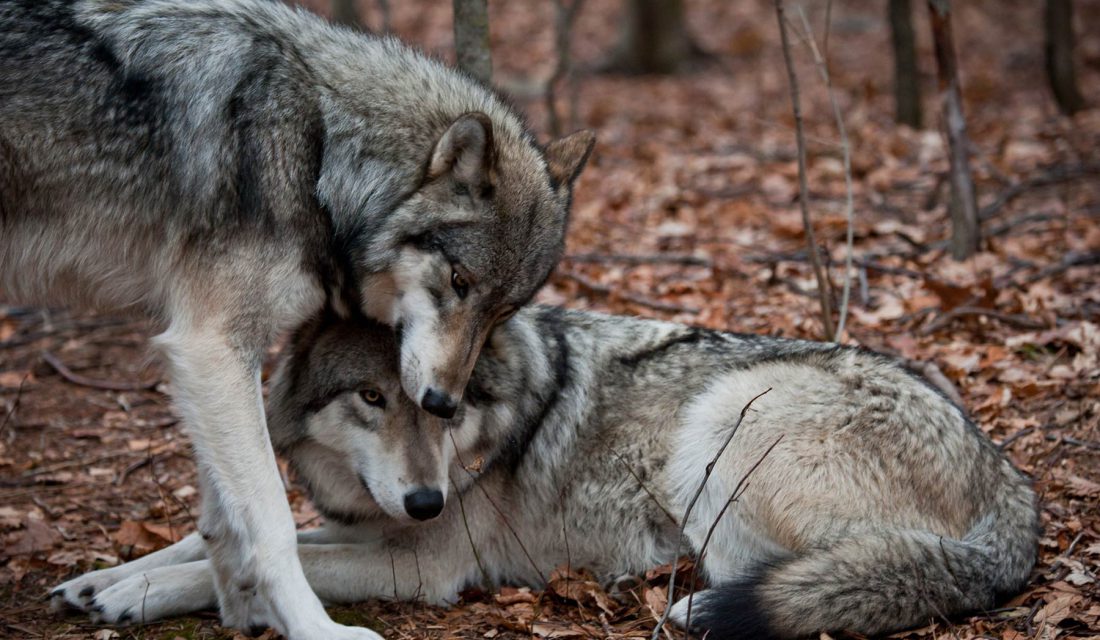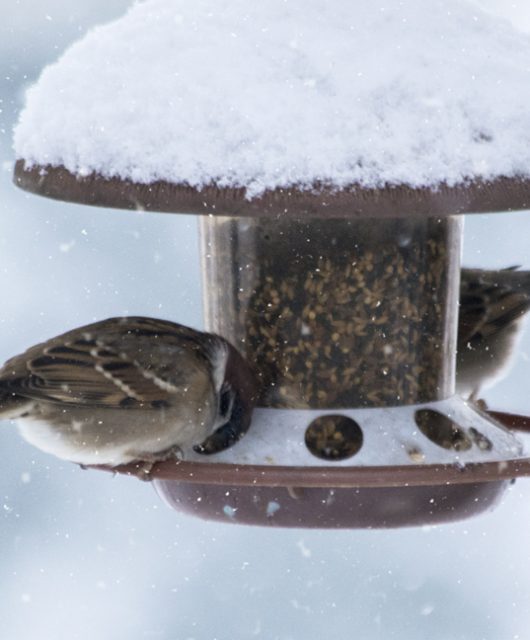Death comes knocking on everyone’s door. But are animals capable of grieving for their loved ones?
In truth, the jury is still out on whether animals really do mourn. However, some animals appear to grieve – hosting funerals for a loved one, adopting a melancholy mood for weeks, and being unable to let go of the deceased. Decide for yourself!
CROWS
 After a crow has been hit by a car, the rest of the murder will usually gather around the carcass. Soon after, they’ll begin walking in circles around the dead bird and will continue their funeral march for up to 20 minutes.
After a crow has been hit by a car, the rest of the murder will usually gather around the carcass. Soon after, they’ll begin walking in circles around the dead bird and will continue their funeral march for up to 20 minutes.
WHALES

After the loss of a newborn, Female Killer Whales have been documented carrying dead calves in their mouths and attempting to keep the newborns at the water’s surface. These whales are not alone in exhibiting signs of grief. A 2016 study published in the Journal of Mammalogy has found that five other marine mammal species have also been found holding on to the bodies of deceased members of their pod.
SCRUB JAYS
 A 2012 research study published in the Journal of Animal Behaviour found that Scrub Jays make a lot of noise when a loved one dies. They call out to one another and the flock gathers around the dead bird squawking loudly. Moreover, they refuse to eat or find any food for up to two days so they can sit by the deceased Scrub Jay. Researchers concluded that the birds reacted this way in order to figure out where the threat was coming from. However, many have wondered – were they actually mourning the dead?
A 2012 research study published in the Journal of Animal Behaviour found that Scrub Jays make a lot of noise when a loved one dies. They call out to one another and the flock gathers around the dead bird squawking loudly. Moreover, they refuse to eat or find any food for up to two days so they can sit by the deceased Scrub Jay. Researchers concluded that the birds reacted this way in order to figure out where the threat was coming from. However, many have wondered – were they actually mourning the dead?
WOLVES
 Two of America’s leading experts on wolves, Jim and Jamie Dutcher witnessed a real change in demeanor in a pack of wolves after a cougar had killed one of the females in the pack. For weeks, the wolves roamed with their heads and tails low. They no longer howled as a group but sang alone sadly. It took the pack six weeks to find their playful spirit again.
Two of America’s leading experts on wolves, Jim and Jamie Dutcher witnessed a real change in demeanor in a pack of wolves after a cougar had killed one of the females in the pack. For weeks, the wolves roamed with their heads and tails low. They no longer howled as a group but sang alone sadly. It took the pack six weeks to find their playful spirit again.





1 comment